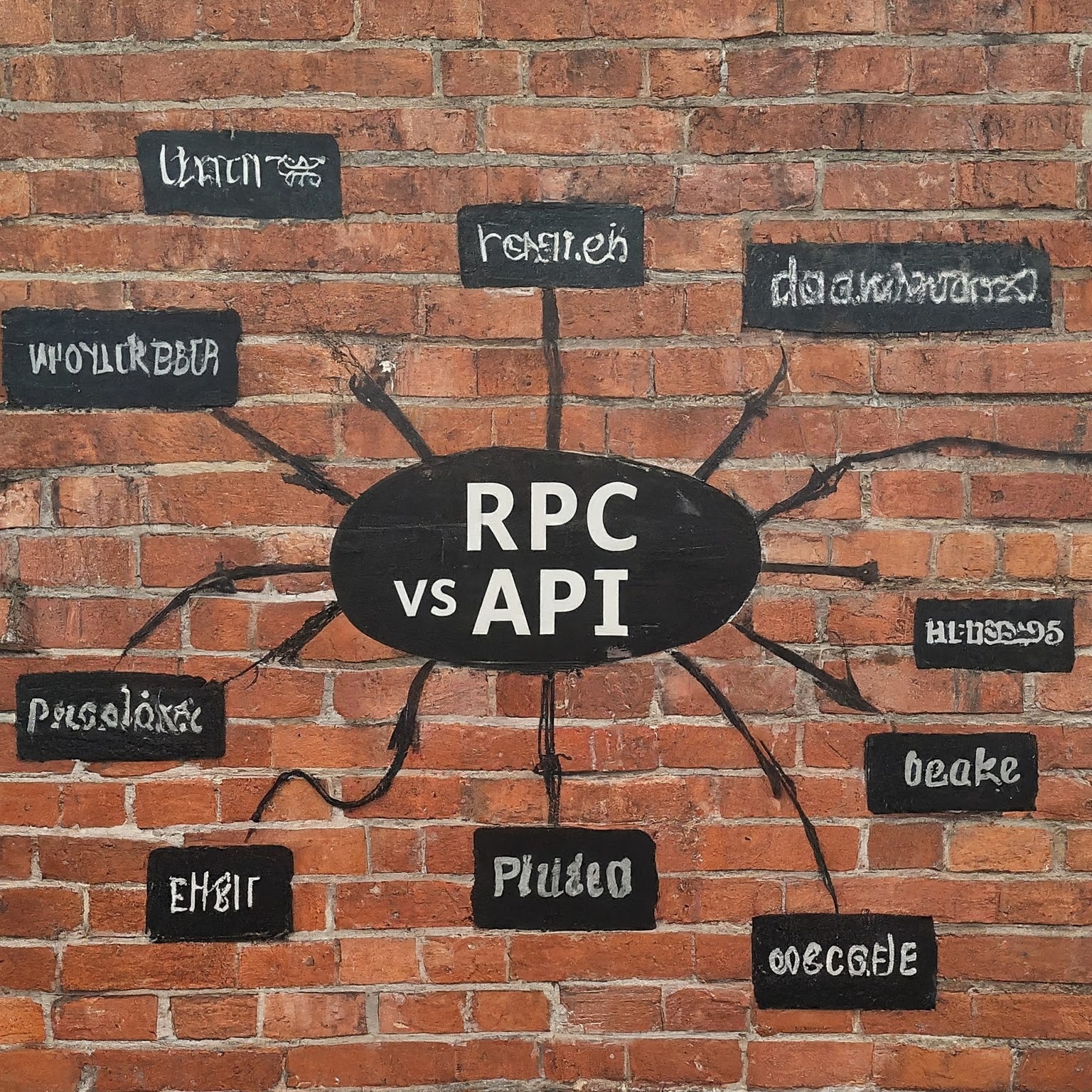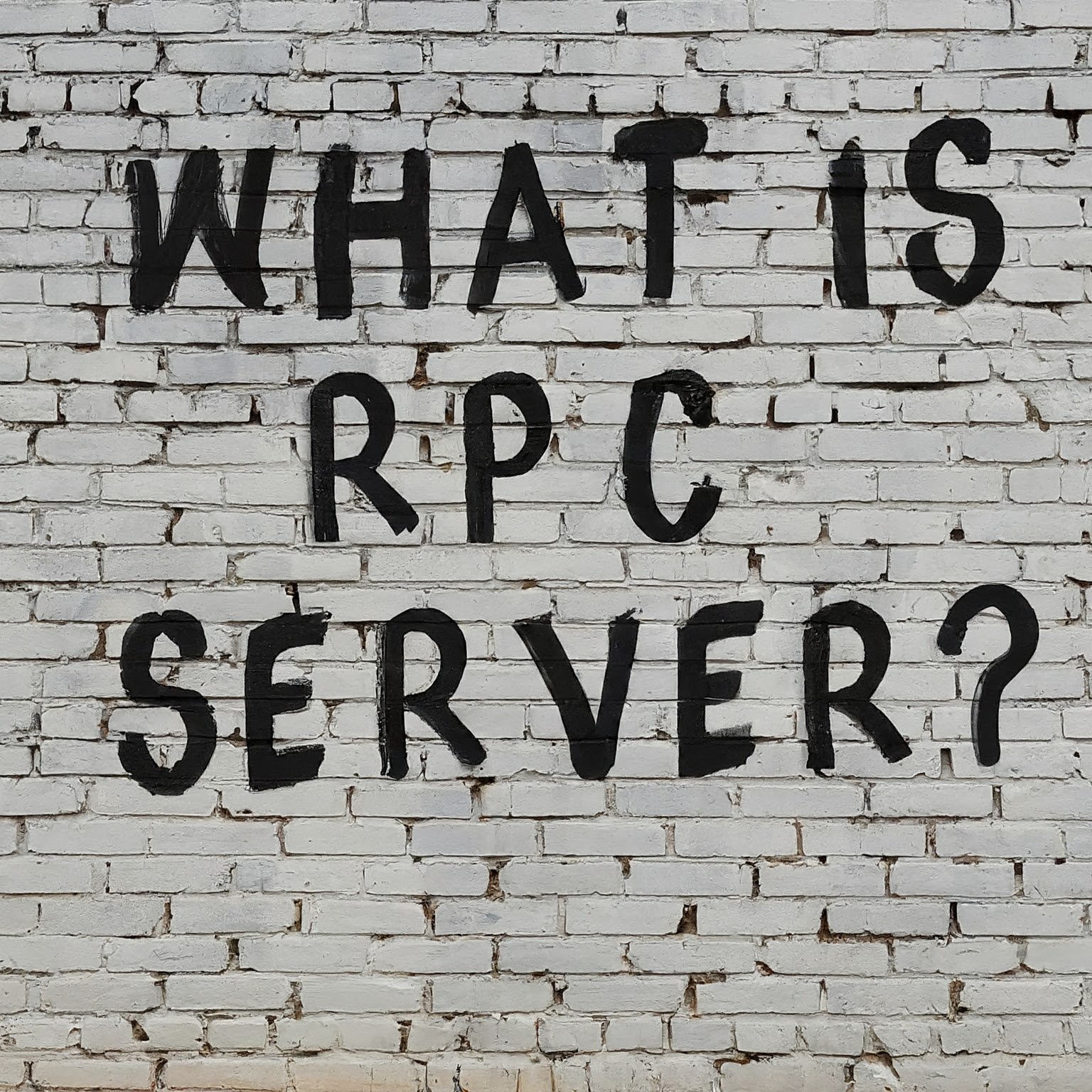In the ever-evolving world of blockchain technology, Ethereum stands as a beacon of innovation and decentralization. At the core of this groundbreaking platform are Ethereum nodes, the unsung heroes that maintain the network’s integrity and ensure its decentralized nature. In this article, we will delve into the significance of Ethereum node and how they contribute to the overall decentralization of the Ethereum network. Ethereum, often dubbed the “world computer,” has gained immense popularity due to its ability to execute smart contracts and decentralized applications (DApps). At the heart of this digital revolution are Ethereum nodes. Ethereum nodes are individual computers or devices connected to the Ethereum network. These nodes play a pivotal role in maintaining the blockchain’s integrity and ensuring that it operates in a decentralized manner.
Types of Ethereum Nodes

Full Nodes
Full nodes are the backbone of the Ethereum network. They store the complete blockchain, validating and relaying transactions and smart contracts. Full nodes are crucial in maintaining Ethereum’s trustless nature.
Light Nodes
Light nodes, also known as “light clients,” do not store the entire blockchain. They rely on full nodes to provide them with relevant information. While they consume fewer resources, they sacrifice some level of security and decentralization.
Archive Nodes
Archive nodes store historical data of the blockchain. They are invaluable for research, auditing, and ensuring the transparency of the Ethereum network.
The Backbone of Decentralization
Ethereum nodes are the pillars of decentralization. Unlike traditional centralized systems, where a single entity controls the network, Ethereum relies on a vast network of nodes spread across the globe. This decentralized structure ensures that no single point of failure exists. Node operators are individuals or entities that run Ethereum nodes. They invest time, resources, and computing power to support the network. They are essential in maintaining Ethereum’s decentralization and security. Decentralization is a fundamental principle of blockchain technology. It promotes transparency, censorship resistance, and trustlessness. Ethereum nodes play a pivotal role in upholding these principles.
The Role of Ethereum Nodes in Security
Ethereum nodes participate in consensus mechanisms like Proof of Stake (PoS) and Proof of Work (PoW). Their presence enhances the network’s security by validating transactions and ensuring that malicious actors cannot manipulate the system easily. As Ethereum continues to grow, scalability becomes a pressing concern. Nodes are crucial in the process of scaling the network, allowing it to handle more transactions and DApps. Running an Ethereum node comes with its set of challenges, including hardware and bandwidth requirements. Overcoming these challenges is essential for the network’s continued success.
Future of Ethereum Nodes

The Ethereum ecosystem is constantly evolving. The future promises improvements in node efficiency, scalability, and ease of use, further strengthening the network’s foundation. Running an Ethereum node can be a rewarding experience. It contributes to the network’s decentralization and allows individuals to actively participate in the blockchain revolution. Comparing Ethereum nodes to centralized systems highlights the advantages of decentralization. While centralized systems may offer convenience, they often come at the cost of trust and transparency. Ethereum nodes find applications beyond maintaining the network. They enable the creation of DApps, decentralized finance (DeFi) platforms, and non-fungible tokens (NFTs), revolutionizing various industries.
In conclusion, Ethereum nodes are the unsung heroes of the blockchain world. They are the guardians of decentralization, ensuring that Ethereum remains a global, trustless, and transparent platform. As Ethereum continues to evolve, these nodes will play a pivotal role in shaping the future of decentralized technology.












Leave a Reply
You must be logged in to post a comment.